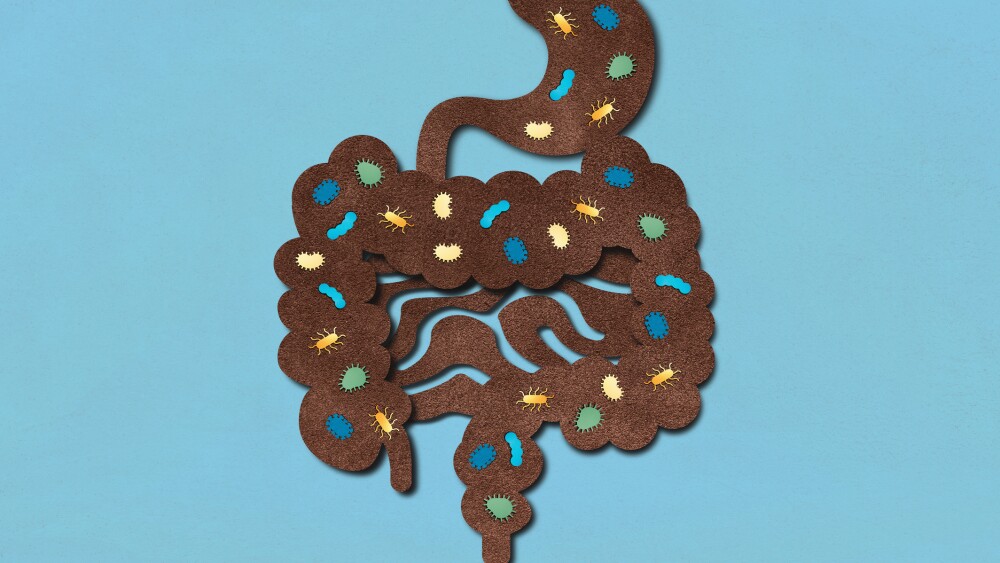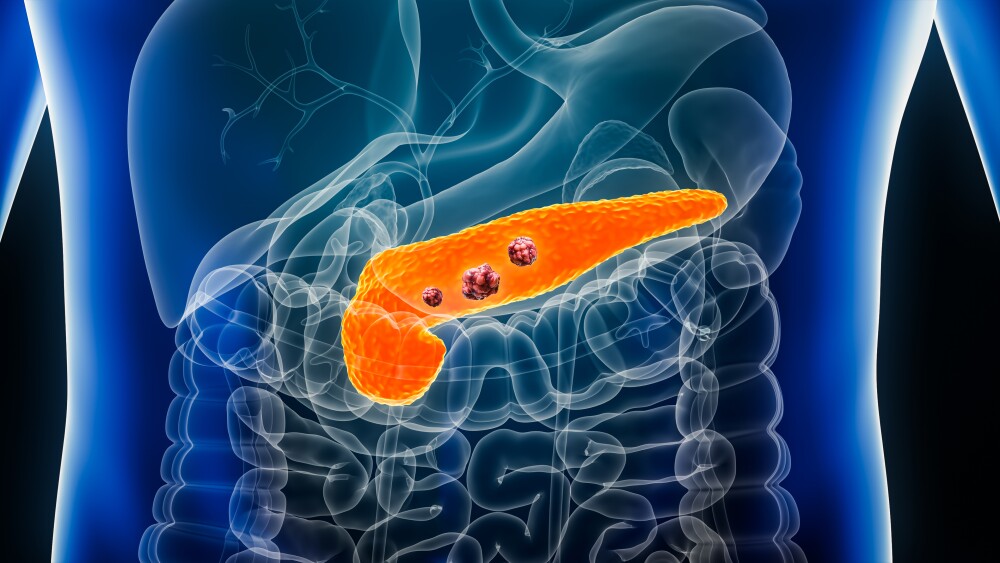Data highlight potential of FLT201 to set new standard of care for Gaucher disease
Dramatic and durable reductions observed in lyso-Gb1, an established biomarker of clinical response, in patients with persistently high levels despite years of prior treatment on currently approved therapies
Substantial improvements in bone marrow burden demonstrate FLT201 penetrating deeper tissues that currently approved therapies poorly address
Favorable safety and tolerability continue to be seen in all patients dosed
On track to initiate Phase 3 trial of FLT201 in 2025
LONDON, Oct. 23, 2024 (GLOBE NEWSWIRE) -- Spur Therapeutics today announced positive new data from its ongoing Phase 1/2 GALILEO-1 trial of FLT201, an adeno-associated virus (AAV) gene therapy candidate for Gaucher disease type 1, showing durable reductions in glucosylsphingosine (lyso-Gb1), one of the best predictors of clinical response in Gaucher disease, and bone marrow burden, as well as improvements or maintenance of blood counts and organ volume in patients treated with a single infusion of FLT201. FLT201 continues to demonstrate a favorable safety and tolerability profile in all patients treated in the study. These data are being showcased in an oral presentation at the European Society of Gene and Cell Therapy (ESGCT) 31st Annual Congress taking place in Rome, Italy.
“Gaucher disease is a debilitating chronic disorder, and despite treatment with currently approved therapies, many patients continue to have serious symptoms,” said Pamela Foulds, M.D., Spur’s Chief Medical Officer. “Consistent with what is seen in real-world practice, patients entered our trial with different unmet needs. All of them had bone disease, which current therapies poorly address. Most had high levels of harmful substrate accumulation. Some also had an enlarged spleen, low platelets, pain or fatigue. What is exciting is that after a single infusion of FLT201, patients improved in areas their disease was poorly controlled and remained well-controlled in areas their disease was controlled. These data underscore FLT201’s potential to set a new standard of care for Gaucher disease type 1.”
Positive New Clinical Data for FLT201
Today’s oral presentation at ESGCT during the session titled “AAV Vectors as Tools in Gene Therapy of Rare Diseases - Recent Development to Improve Efficacy and Safety” will include updated data on safety and tolerability, as well as biomarker and efficacy endpoints from the ongoing Phase 1/2 GALILEO-1 study, a first-in-human, international, multicenter dose-finding study in adults with Gaucher disease Type 1. Dosing has been completed in the trial. A total of six patients were treated with a single infusion of FLT201 at a dose of 4.5e11 vg/kg and have been followed for between seven and 15 months after dosing. All six patients are included in the safety analysis; one patient with detectable pre-existing neutralizing antibodies (NAbs) to the AAVS3 capsid below the protocol cut-off has been excluded from the efficacy analysis.
The data as of September 27, 2024 demonstrated:
- Favorable safety and tolerability, with no infusion reactions or dose limiting toxicities. All treatment-related adverse events were mild to moderate in nature
- Durable reductions, ranging from 42% to 96%, in lyso-Gb1 levels in patients who entered the trial with persistently high levels despite years of treatment with enzyme replacement therapy (ERT) or substrate reduction therapy (SRT). Low lyso-Gb1 levels maintained for more than a year as of the cut-off date after the withdrawal of prior therapy in the one patient who entered the trial with well-controlled levels. Lyso-Gb1 levels in the blood are highly correlated with substrate levels in disease-affected tissues and one of the best predictors of clinical response in Gaucher disease.
- Substantial improvements in bone marrow burden (BMB) seen in all five patients, including those who entered the trial with severe bone involvement. Notably, BMB is correlated with increased fractures, necrosis, bone pain and joint replacements.
- Improvement or maintenance of spleen and liver volume.
- Maintenance of hemoglobin levels, an established endpoint for Gaucher disease clinical trials, was observed beyond a year post withdrawal of treatment with ERT or SRT. Improvement or maintenance of platelet counts was also seen post withdrawal of treatment with ERT or SRT.
“FLT201 exemplifies our focus on developing the next generation of gene therapies, optimizing each component of our gene therapy candidates with the aim of changing the course of disease and changing people’s lives,” said Michael Parini, Spur’s Chief Executive Officer. “Our more stable GCase85 enzyme, combined with our potent and proprietary capsid, is leading to improvements in bone, pain and fatigue, all of which are key areas of ongoing need in Gaucher disease. These data highlight FLT201’s potential to provide better outcomes than current standard of care while dramatically reducing the treatment burden for patients, and we are actively engaging with regulators to advance FLT201 into a Phase 3 trial.”
Spur expects to report additional data from the Phase 1/2 GALILEO-1 trial in the first half of 2025 and initiate a Phase 3 trial for FLT201 in adults with Gaucher disease type 1 in 2025.
About FLT201
FLT201 is an adeno-associated virus (AAV) gene therapy candidate that is currently being investigated in the Phase 1/2 GALILEO-1 clinical trial in adults with Gaucher disease. FLT201 leverages Spur’s proprietary and potent AAVS3 capsid to deliver GCase85, a rationally engineered longer-acting version of the enzyme deficient in people with Gaucher disease, with the goal of stopping disease progression, reducing or eliminating symptoms, and allowing patients to come off current lifelong treatments. Preclinical and clinical data for FLT201 have shown robust and durable expression and a substantial reduction in the toxic buildup of substrate that results from the enzyme deficiency. For more information about the GALILEO-1 trial, please visit clinicaltrials.gov (NCT05324943).
About Gaucher Disease
Gaucher disease is caused by a mutation in the GBA1 gene that results in abnormally low levels of glucocerebrosidase (GCase), an enzyme needed to metabolize a certain type of lipid. As a result, harmful substrates glucosylceramide (Gb-1) and glucosylsphingosine (lyso-Gb1) build up in cells, which then accumulate in tissues and organs throughout the body, causing inflammation and dysfunction. Despite treatment with currently approved therapies, many people with Gaucher disease continue to experience debilitating symptoms, including enlarged organs, fatigue, bone pain and reduced lung function. Gaucher disease affects approximately 18,000 people in the United States, United Kingdom, France, Germany, Spain, Italy and Israel.
About Spur Therapeutics
Spur Therapeutics is a clinical-stage biotechnology company focused on developing life-changing gene therapies for debilitating chronic conditions. By optimizing every component of its product candidates, Spur aims to unlock the true potential of gene therapy to realize outsized clinical results. Spur is advancing a breakthrough gene therapy candidate for Gaucher disease and a potential first-in-class gene therapy candidate for adrenomyeloneuropathy, as well as a research strategy to move gene therapy into more prevalent diseases, including forms of Parkinson’s, dementia, and cardiovascular disease. Expanding our impact, and advancing the practice of genetic medicine.
Toward life-changing therapies, and brighter futures. Toward More™
For more information, visit www.spurtherapeutics.com or connect with Spur on LinkedIn and X.
Investor Contact
Naomi Aoki
naomi.aoki@spurtherapeutics.com
+ 1 617 283 4298
Media Contact
Carolyn Noyes
carolyn.noyes@spurtherapeutics.com
+ 1 617 780 2182





